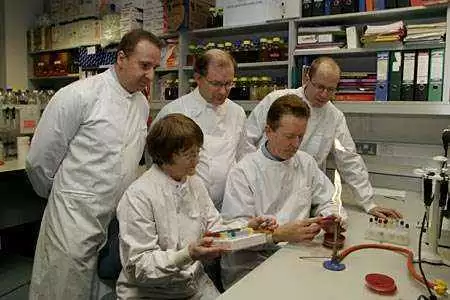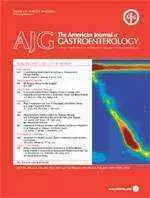
Celiac.com 04/23/2010 - HLA-DQ2+ patients already following a gluten free diet, but with no clinical diagnosis of celiac disease, can present doctors with some challenges in making an official diagnosis of celiac disease. Because many of these patients are reluctant to endure a prolonged gluten challenge, determining whether patients have clinical celiac disease, rather than clinical gluten intolerance, can be difficult.
Using HLA-DQ2-gliadin tetramers for detection of gluten specific T cells after a short gluten challenge could offer advantages in such cases.
Celiac.com Sponsor (A12):
A team of researchers affiliated with the South-Eastern Norway Regional Health Authority and the University of Oslo is conducting a clinical trial to evaluate the use of HLA-DQ2-gliadin tetramer for diagnosing celiac disease. Their study will assess the use of HLA-DQ2-gliadin tetramer for staining gluten specific T cells to effectively diagnose uncertain celiac disease.
The researchers hope this method will allow them to distinguish between true celiac disease and clinical gluten intolerance without celiac disease, in HLA-DQ2+ patients already on a gluten free diet, but without a clinical diagnosis of celiac disease.
The study began in September 2006. The first part of the study will assess HLA-DQ2-tetramer response after gluten challenge, followed by FACS analysis of peripheral blood after gluten challenge. Final data collection for the first phase was completed in December 2009.
The second part of the study is currently underway, and will assess mucosal responses to a 3 day gluten challenge. Biopsies will be conducted on the fourth day of gluten challenge.
To clinically diagnose celiac disease, the researchers will take small bowel biopsies both before and after the gluten challenge, and blood samples will be taken for tetramer staining of gluten specific T cells.
The second stage study group consists of 50 HLA-DQ2+ patients on a gluten free diet, both celiacs and uncertain celiacs. Subjects will face an oral gluten challenge of four slices of bread daily for three days. Pre-challenge blood samples will be drawn for tetramer staining of gluten-specific T-cells.
The Institute of Immunology at Rikshospitalet, will use FACS analysis to conduct the analysis. Researchers will examine biopsies of the small intestine for morphological changes and inflammatory gene expression. They will repeat these same blood sample and biopsy procedures after the gluten challenge.
Registration for clinical symptoms and personality traits will be done by standardized and validated forms. A dietitian will interview all patients. The full study involves a total of100 subjects, and will be completed around December 2010.
Source:
-
Open Original Shared Link - ClinicalTrials.gov Identifier: NCT01100099




Recommended Comments
There are no comments to display.